The Emerging African Infrastructure Fund (EAIF), a dedicated infrastructure fund with a focus on Africa, has successfully raised $294 million in debt capital earmarked for sustainable projects across the continent. This significant financing round was spearheaded by Allianz Global Investors, which committed a substantial $132 million in both Euros and Dollars. Standard Bank played a pivotal role by providing a combined $100 million through two separate facilities, incorporating sustainability-linked features. Additionally, the German state-owned development bank, KfW, contributed a noteworthy $66 million loan to bolster the fund’s financial resources.
The primary objective of the EAIF is to channel its funds into infrastructure projects concentrated on fostering the energy transition, promoting low-carbon economies, and developing energy-efficient smart cities across Africa. Since its establishment in 2001, the fund has dedicated a substantial $1.3 billion to various projects on the continent. Looking ahead, the EAIF has ambitious plans to augment this figure by approximately $300 million over the next two years.
Martijn Proos, the co-head of emerging market alternative credit at Ninety One, the fund manager for EAIF, expressed optimism regarding the funding, stating that the fund is on track to achieve its $500 million target by June. Proos emphasized the robust financial position of the fund, highlighting that the current capital, in conjunction with existing facilities and capital recycling, provides investment capacity up to 2025. He outlined the fund’s strategy to commence raising the next round of capital by June, aiming to secure an additional $200 to $250 million to meet its ambitious target.
Beyond its commitment to Africa, the EAIF is exploring an expansion into Asia. Proos noted that certain regions in Asia exhibit similar growth trajectories and infrastructure needs as Africa, making them attractive markets for the fund’s expansion. This strategic move to Asia is anticipated to contribute to the diversification of the EAIF’s portfolio, accelerate asset growth, and align its operations with its parent company, the Private Infrastructure Development Group (PIDG).
While affirming that the core focus of the fund will remain on Africa, Proos emphasized that the foray into the Asian market will be a complementary effort within the PIDG group. He assured that the expansion plans would not detract from the fund’s steadfast commitment to Africa, emphasizing that the move into other growing markets is part of a calculated strategy to enhance the fund’s overall impact and reach.
In conclusion, the Emerging African Infrastructure Fund’s successful fundraising and strategic plans for expansion underscore its commitment to fostering sustainable development in Africa and beyond. As the fund continues to attract significant capital and broaden its geographic scope, it is poised to play a crucial role in addressing the pressing infrastructure needs of both African and Asian economies, contributing to long-term economic growth and environmental sustainability in these regions.
Source: BusinessPostng

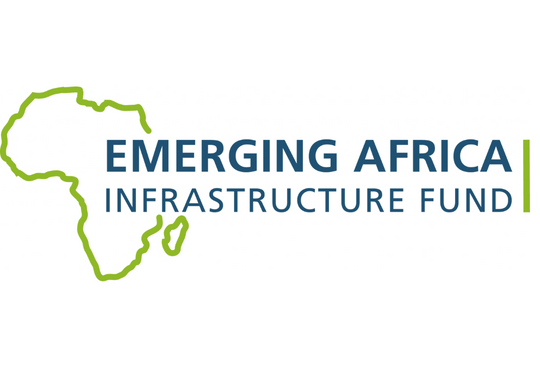

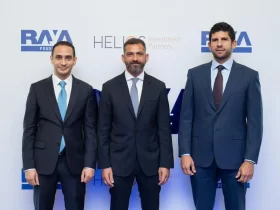
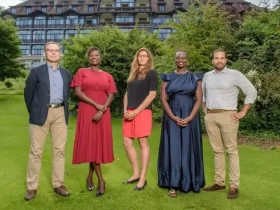



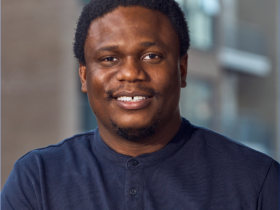



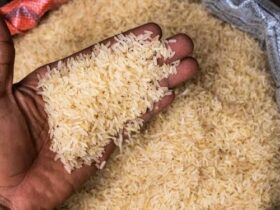
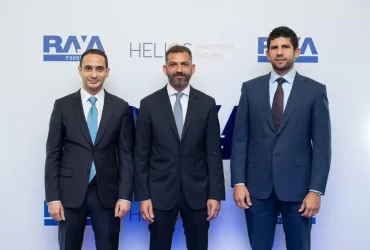
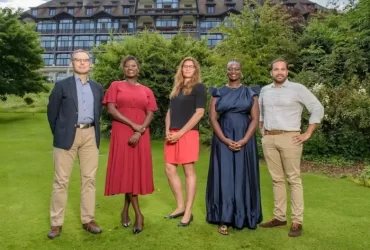



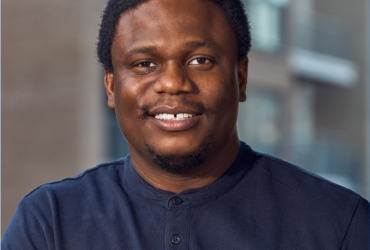
Leave a Reply